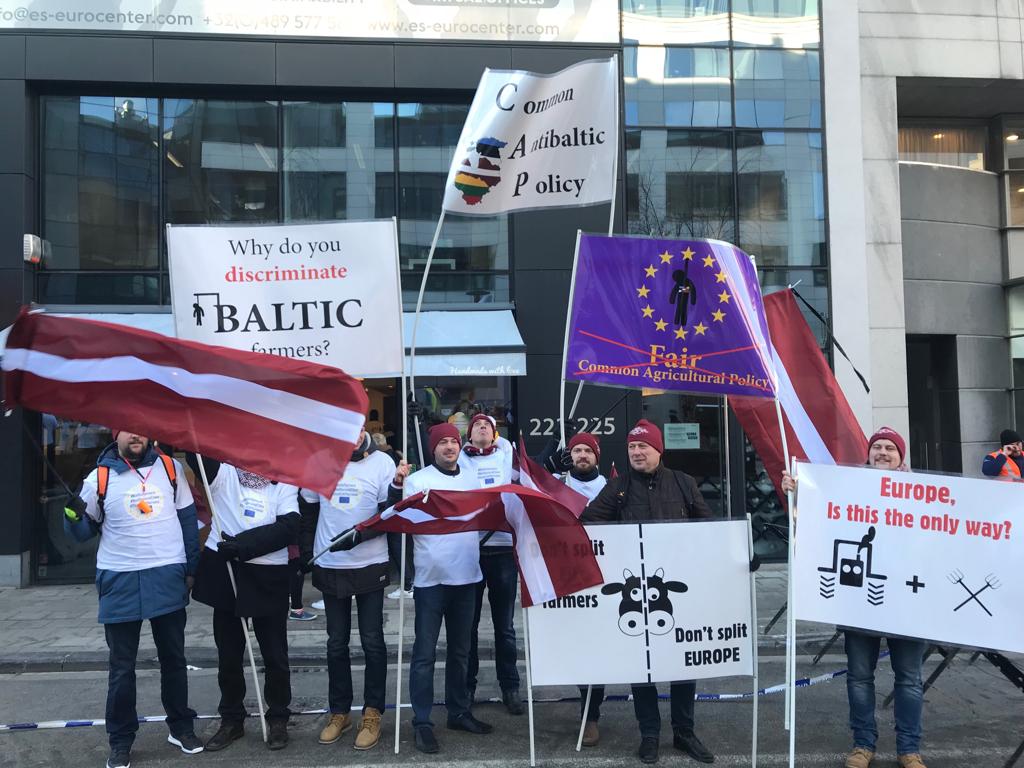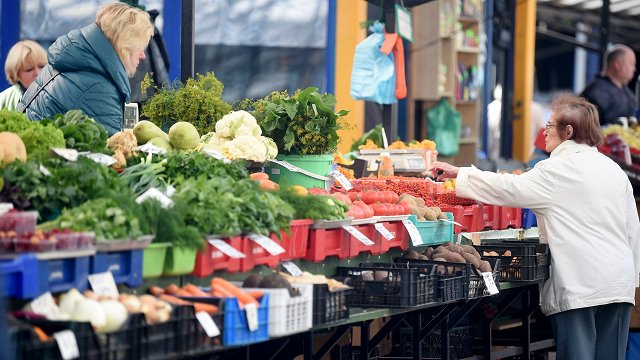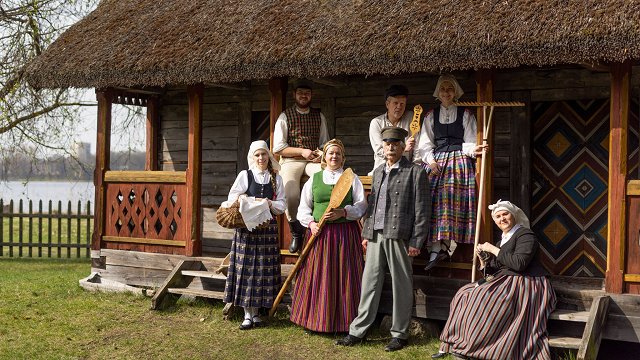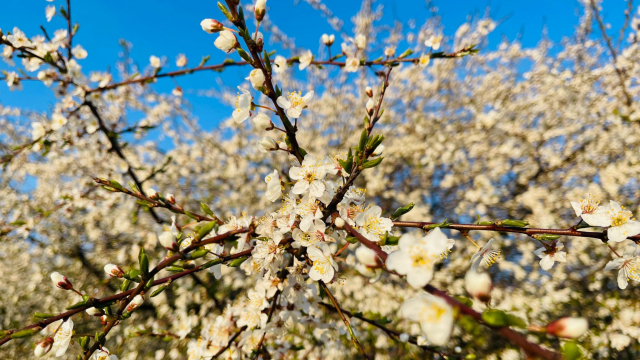The protest was timed to coincide with EU leaders' talks about budget plans for the next seven years across the Union, with Baltic farmers saying the time is long overdue for a fair playing field in the agricultural sector.
The prime ministers of all three Baltic states met farmers, promising to defend the interests of their countries and adopting a joint position on the matter.
??PM @MarisKucinskis at #EUCO in a joint Baltic position asks fair direct payments for #Baltic farmers #EUBudget #CAP pic.twitter.com/buELQn3XO0
— Latvia in EU (@LVinEU) December 13, 2018
EU leaders are committed to adopting the EU budget for the next seven years (2021-2027) by autumn of next year - thus, a year of talks and bargaining lies ahead.
About 30 Latvian farmers, representatives from various farmers' organizations, counties and farms came from Latvia to Brussels. Among them there are many young farmers.
"We want to see a fair payment level arrive much more quickly. The current offer will arrive very slowly," said Maira Dzelzkalēja-Burmistre, Deputy Chairman of the Board of the Farmers' Saeima, an organization representing farmers in Latvia.
"This affects all farmers," says Dzintra Lejniece, Head of the Latvian Pig Breeders Association, stressing that it was not just a question for arable farmers.
Jonas Viļonis, President of the Association of Lithuanian Milk Manufacturers put the need for Baltic unity into a suitably appropriate piece of folk wisdom:
With the current rate of direct payments, direct payments received by Latvian farmers would only reach the EU average level in the distant future.
"2100 is absurd," said Latvian Prime Minister Māris Kučinskis (Green and Farmers' Union), who, like the leaders of the Estonian and Lithuanian governments, had come to the farmers and promised to defend their interests.
Polish, Czech and Slovakian farmers also joined the protest.
Inside the debating chamber, Kučinskis was critical of the way payments to farmers were calculated, saying the data was "outdated" and farmers were struggling to survive as a result.
"All Baltic farmers are struggling with unfair competition in the Single Market. The direct payments are not based on objective production costs, but on outdated statistical indicators," the Prime Minister said.
"For Member States with practically identical production costs, the same level of direct payments should be ensured. The younger generation must understand that living and working in the countryside can provide a decent living for themselves and their families."































